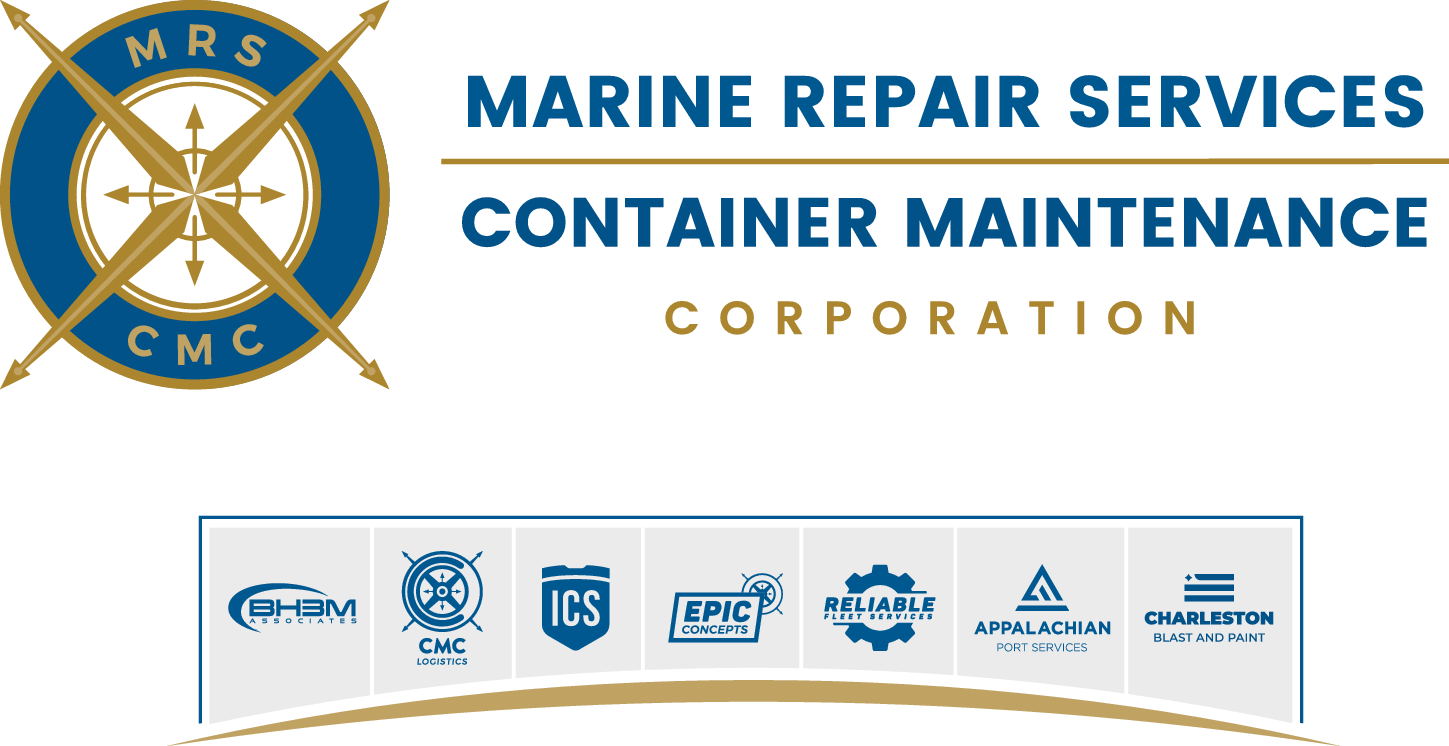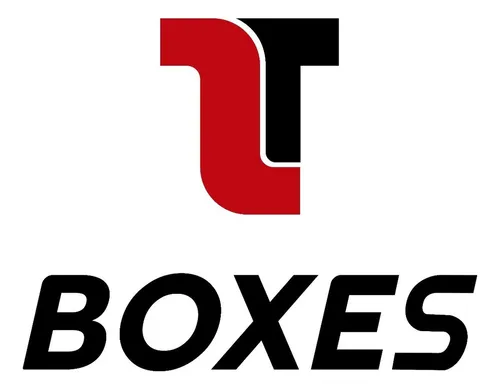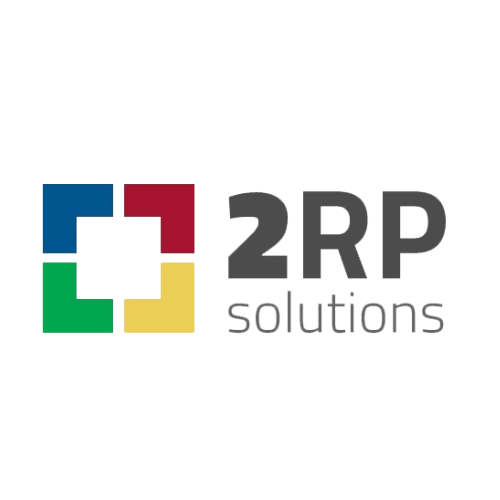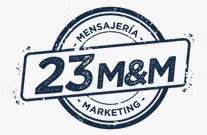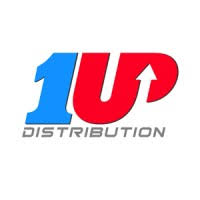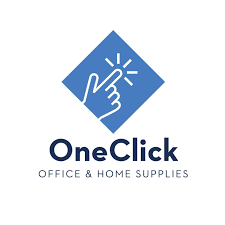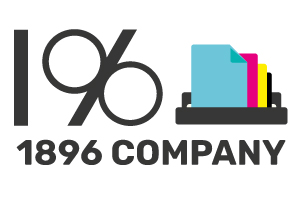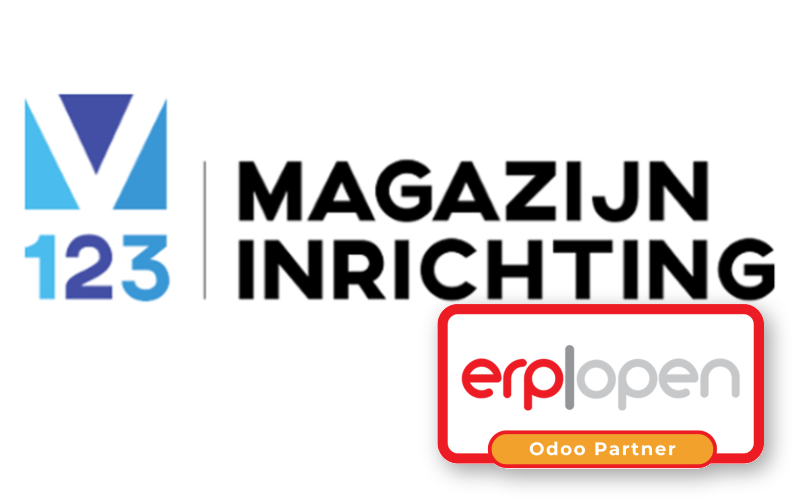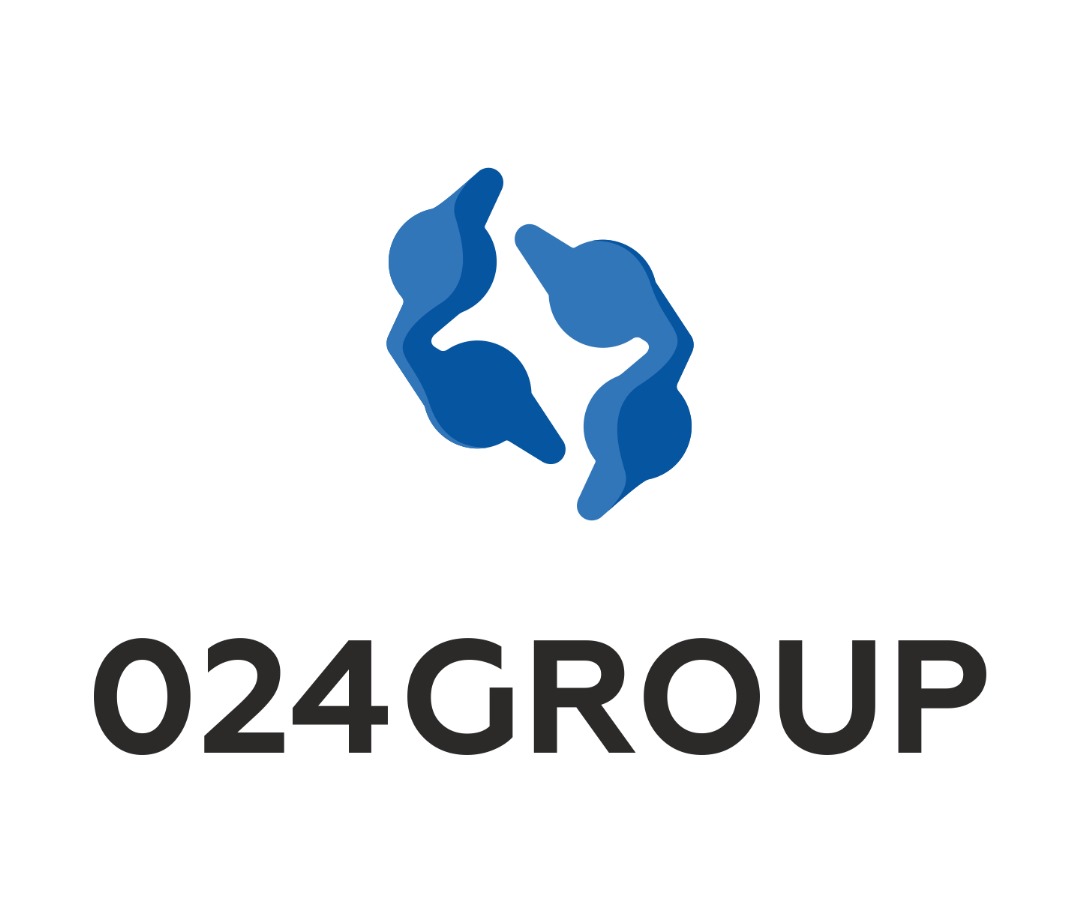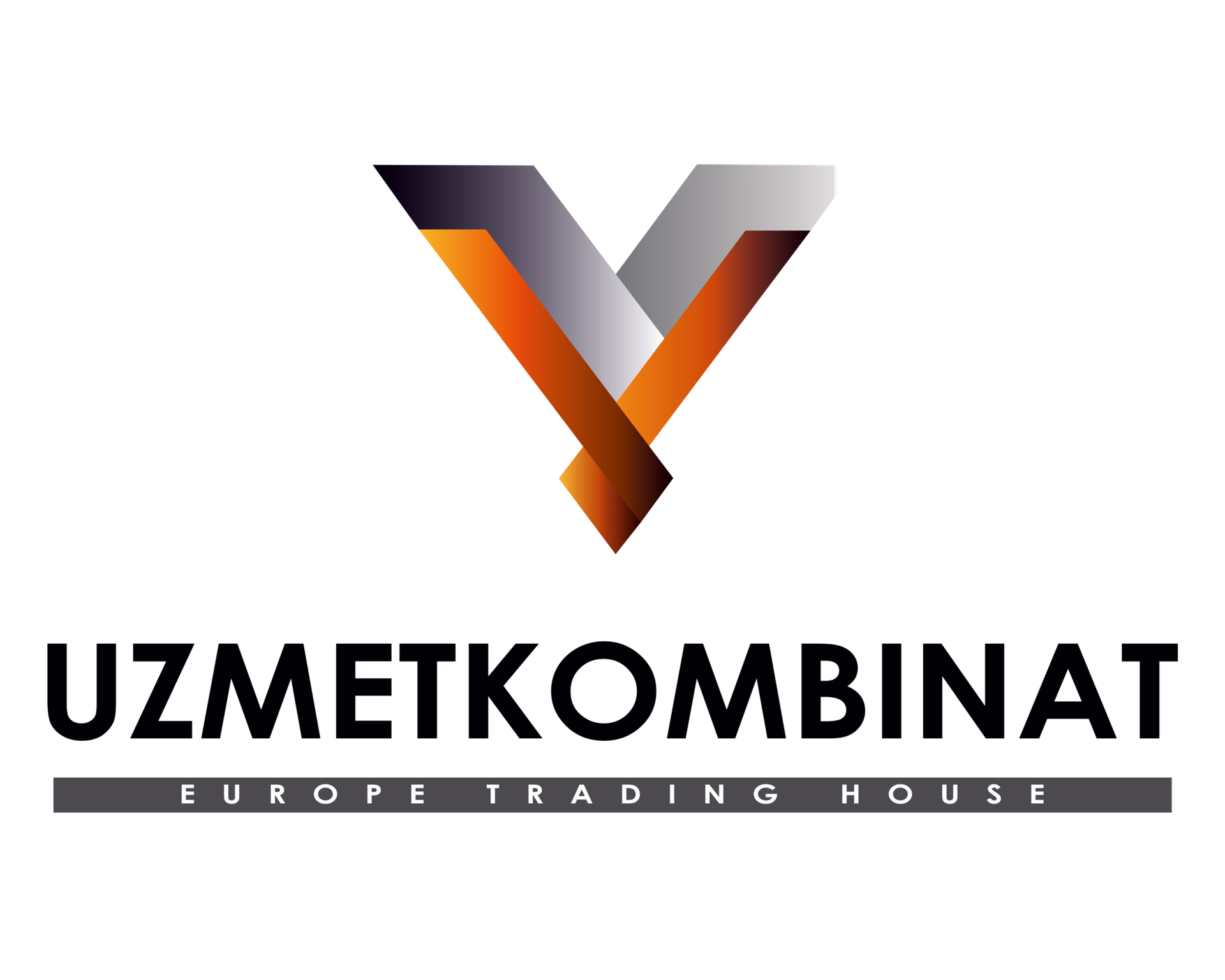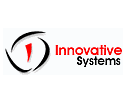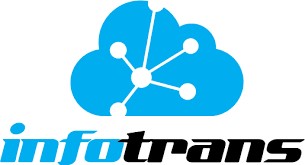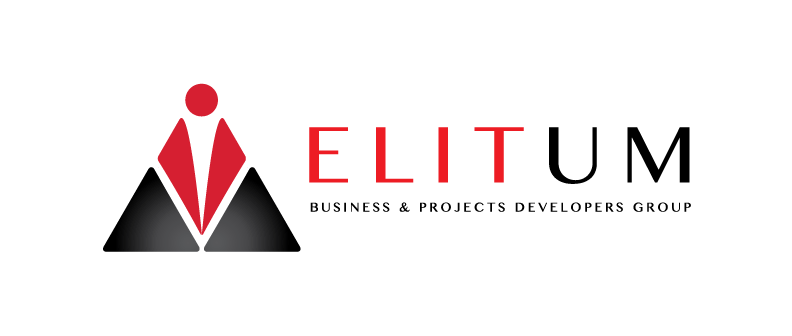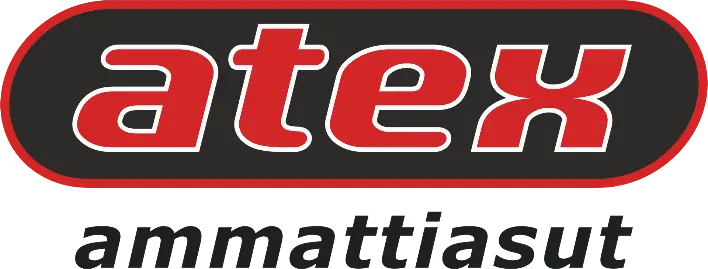After having invested 10+ years almost with each and every manufacturer be it from plastics to precision engineering one thing has struck my mind that there is some kind of a recurring pattern. In this pattern i have seen that most of these companies go whole heartedly with higher expectations while implementing ERP systems for streamlining their operations. But what more can i say, the end results are not so good and they usually get disappointed months or years down the line.
Here, i might want to provide you with facts what the majority of reputed industry studies suggest and that is almost 55-70 percent of ERP implementations will fail to deliver the client with the expected return on investment.
Do you know why there is o much of failure? Any idea? Well let me tell you the reason is that manufacturing is a complex system involving interconnected functions like supply chain, shop floor operations, QC, compliance, and client commitments. So if any issue arises or something gets broken in the ERP journey i have seen for myself that the entire production cycle gets an impact.
But i have good news along side which means most of the failures that occur can be avoided. So, dealing with ERP implementations over the decade i have pointed out top same five mistakes. So, without further ado let’s check them out and see how we can avoid them.
Reason One: Never Treat ERP like a Simple IT Project
Well, usually we see ERP as a tech upgrade that is handled by the IT team and the clients think and assume that the team just needs to install the software and the work is done. But if we are thinking like this then it’s no good for us as we need to make ourselves understand that ERP is not a software but it is going to be used for business transformation.
Well, usually we see ERP as a tech upgrade that is handled by the IT team and the clients think and assume that the team just needs to install the software and the work is done. But if we are thinking like this then it’s no good for us as we need to make ourselves understand that ERP is not a software but it is going to be used for business transformation.
One day i had gone to consult a a mid-sized metal fabrication plant and they got ERP implemented just to automate the process for their account department along with payroll. Rest all other critical process were still on spreadsheets that included production planning, inventory tracking, and machine maintenance. So, what was the result? Well they could not extract the juice from the ERP for efficiency or decision making due these departments where ERP was not implemented.
Mostly, i recommend that the ERP project should always be led by cross functional teams and the manufacturing leaders or production manager or finance heads along with their IT department must always hoot towards the moon for a bigger picture that brings them faster order fulfillment, reduction in stockouts, and improved traceability. So, you should make sure that only when every department is aligned only then ERP can be successful and not in separation.
Reason Two: Never have Poor Data Migration/Master Data Management
Whenever the information is stored in an outdated format(with flaws) or on an obsolete system that for sure will get inherited to your ERP system. So, we must understand that the manufacturing ERPs will fail when their master master data that includes SKUs, BOMs, and unit measures have not been properly standardized.
Recently, we worked with a plastics manufacturer in Noida and they were struggling for months post-ERP go-live. Inventory reports showed materials in negative balance, production orders didn’t match BOMs, and procurement couldn’t trust stock levels. The root cause? Old Excel sheets with inconsistent product codes and mismatched units of measurement had been directly migrated into the new ERP.
Whenever you are going for migration you must first invest time in data governance. Make a plan so as to clean, validate, and standardize your master data. After that proceed to create a single source of truth for SKUs, supplier codes, BOMs, and quality parameters. Let me put it this way always thing ERP as the engine and the data that you provide as it’s fuel so bad fuel will will always stall even the most powerful systems.
Reason Three: Without understanding the Core ERP do not Over Customize
In manufacturing there is always requirement form the clients from the start and that too extensive to match all of their workflows. We understand each and every manufacturing business is unique but excessive customization can make your ERP slow and expensive.
For example i still remember this chemical manufacturer who insisted to use a custom production module rather using the standard feature and this straight away delayed their go live time line to a year and their project cost was also got doubled. One thing was important around 70% of customizations that they required were already available in the ERP’s base system and they had never gone through to explore them.
Start with industry best practices that the ERP already supports. For example, Odoo ERP’s Manufacturing module covers core needs like BOM management, work center scheduling, MRP, and quality checks out-of-the-box. Only customize for true competitive differentiators, not for processes that can be aligned to proven ERP standards.
Reason Four: Insufficient and Lack of Change Management/Training
We must understand without the people using the ERP system there will be no ERP success even if you get the technology. If your manufacturing shop floor staff, supervisors, and managers are not feeling comfortable with the system the adoption will straight away fail.
One of the factories i visited in Delhi NCR’s industrial area, the operators were having digital system in place and using their tablets they were entering the production log data into ERP system. Despite that, many of the working staff were making hand written logs on their notebooks as they thought that it was taking much time on the system and the result were obvious duplicate work, delays, and incomplete digital records.
You need to have a vision which also invests in a structured training and change management. You just need to identify the employees who can support for your teams. Also, you must provide role based dashboards to the employees so that they can see the data that is relevant to them. You must make sure that the ERP usage must be as simple as possible so that when your workforce comes to know how ERP can make their job easier adoption will follow on it’s own.
Reason 5: Ignoring Post-Go-Live Support and Continuous Improvement
We must make a line on what i have to say now. You know never think that ERP is done when it’s live, it’s just the starting. In fact you will agree with me on this that manufacturing ERPs operations are ever evolving new product line come up, compliance norms are to be met accordingly, and even market changes require you to make adjustments to your system and so without the post go live support your ERP might fall behind the business needs.
An example here is of a food processing plant that failed an FDA audit because their ERP was not updated with the new set of labeling compliance rules. The system was completely functional but due to the fact that it was outdated it left the business exposed to vulnerabilities.
We should in advance place for regular upgrades, version updates, and workflow optimizations. You can partner with consultants who provide ongoing support, not just implementation. So this will eventually improve your system in continuity and makes sure that your ERP remains aligned with your business growth.
How to Get the Manufacturing ERPs Right
After i have seen failures and success stories here is what i can give to the leaders as a recommendation –
- Jot down your clear business objectives and define ROI in terms of reduced lead time, improved stock accuracy or faster compliance reporting depending on what you want to streamline.
- You must make use of ERP as the backbone for integrating IoT, predictive maintenance, and real-time visibility.
- Make use of modular and adoptable ERPs like Odoo that allows you to scale as you grow without locking you into some kind of inflexible software.
- Always go for ERP implementation in phases and you might want to begin with with finance and inventory and then you can extend to MRP, quality and maintenance.
- Lastly, you must always keep ERP support handy and make sure to keep your implemented ERP relevant even as your business starts to evolve.
Manufacturing ERPs – Failure are Inevitable
ERP failures are kind of inevitable but it actually the result of a poor strategy and not a poor software. If you will implement the ERP with the right mid set it will surely be a game changer and will strategically hep manufacturers in reaching their excellence point. So, it will surely provide improved visibility, help in reducing wastage, ensure compliance, and drive profits.
The crux if what i wanted you to understand is that the success depends on whether you treat the ERP as a one time software project or as a long term business transformation.
So, after reading my blog today if you are rethinking your ERP journey then now is the time that yuou can learn from on ground industry failures and do it the right way.
To know more, drop us a line at sales@apagen.com or call us on +91 9971800665.






